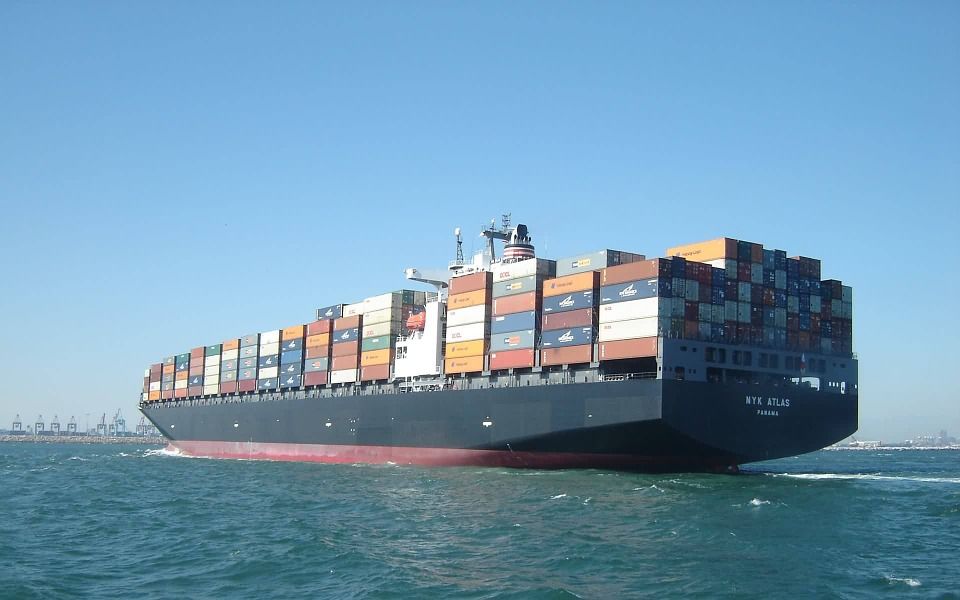From 2021, ships sailing the North Sea and the Baltic Sea must significantly reduce their nitrogen oxide (NOx) emissions.
Following Danish pressure, the UN’s International Maritime Organisation (IMO) approved the more stringent legislation this week.
“Denmark has worked for several years to toughen the NOx demands for ships sailing in the North and Baltic seas,” said the environment and food minister, Esben Lunde Larsen.
“So it gives me great pleasure that the Danish pressure has paid off and that the consensus among the nations in the region to do something about the issue has led to the IMO approving the more rigorous demands. The reduction of the ships’ NOx emissions will have a positive effect on health and the environment.”
READ MORE: The hunt is on for maritime polluters
14 nations agree
Ship smoke is a considerable source of air pollution in the countries around the two bodies of water. In 2015, the IMO toughened its demands for ships to cut sulphur emissions by 90 percent.
IMO’s new decision means that any ships built after 1 January 2021 must reduce NOx pollution by 75 percent compared to ships built today. The new legislation is expected to be finally approved during the next IMO meeting in the spring of 2017.
A total of 14 nations agreed to curb ship pollution in June: Denmark, Norway, Sweden, the UK, France, Belgium, the Netherlands and Germany in the North Sea and Denmark, Sweden, Germany, Finland, Poland, Russia, Estonia, Lithuania and Latvia in the Baltic Sea.
















